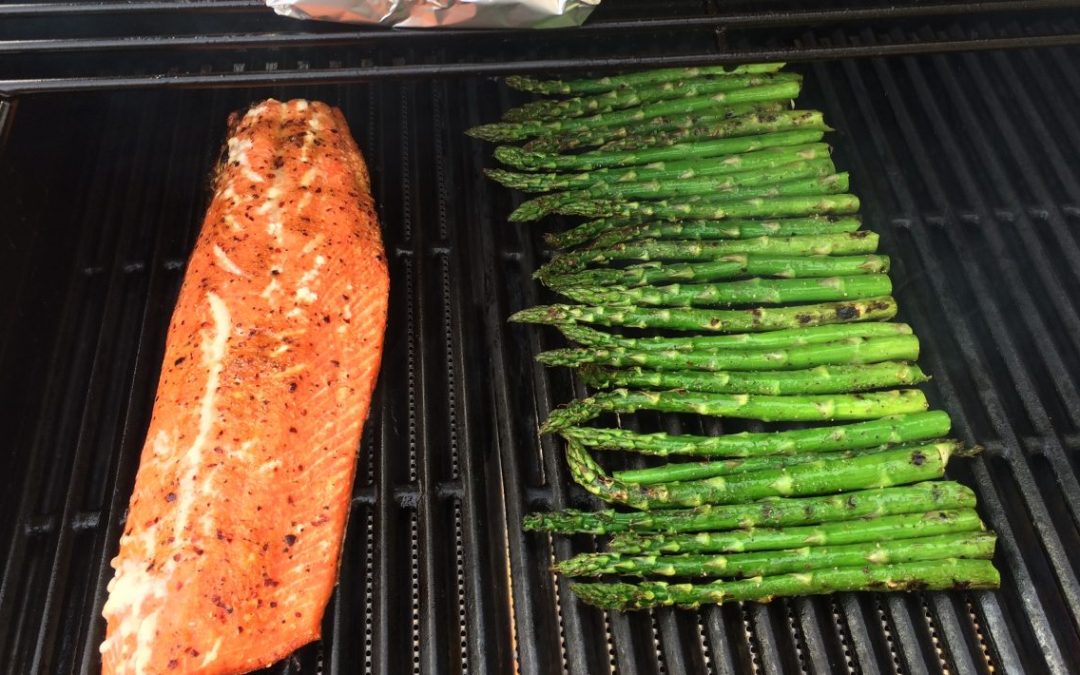I made dinner for my partner Lynn on Monday night, even though I didn’t feel like it. I’m glad I decided to do something I didn’t feel like doing. I know I’m not making sense yet, so let me start from the beginning. We had some conflict on Sunday and the issue was still not resolved when she left for work Monday. Because of that, I didn’t feel like cooking for her.
In my past, that would have been the end of the story. I felt disrespected, so why should I lift a finger to help the person who wronged me? My response historically led to deeper rifts and longer arguments, which sometimes set me on a course of committing acts of domestic violence. Not surprisingly, all of those severely damaged my relationship. In other words, following my feelings was a shortsighted way of handling things.
Following my feelings was a shortsighted way of handling things.
Instead, I grilled salmon and asparagus, one of Lynn’s favorite meals. It was ready for her shortly after she came home from a rough day of work. She really appreciated the meal, probably more because she didn’t have to cook than because of my culinary skills.
After talking about the day’s events, we discussed our conflict. I did a much better job of listening and she did too. We left the table with our argument resolved, a better understanding of each other, and a mutual commitment to try to avoid the things that led to the conflict to start with. We felt connected and close again.
I credit this much better outcome to a skill I learned in my transformation journey: to shift my mindset from acting based on how I feel to acting in a way that is consistent with my values. Here’s how it works. I want to have a great relationship—its something I value. I know that being a caring, compassionate, giving, helpful, and kind partner who listens well is the best way to get and maintain that kind of relationship.
When I knew Lynn was facing a difficult day of work on Monday, making dinner fit with my values. Doing nothing kind or helpful did not. Therefore, cooking for her that night was the best path to take. Being crystal clear about what I value and what I need to do to get that result made my decision easy.
Being crystal clear about what I value and what I need to do to get that result made my decision easy.
Some might say this seems manipulative—just doing something to get what I want. It’s not when it is done the right way. If I made dinner then expect Lynn to change her position in the argument, it would be manipulation. But doing an act of kindness because it is how I want to treat her without any expectations in return is simply doing the right thing.
If that kindness helps resolve the argument more easily, that’s upside. If the quarrel lingers, then at least I’ve done something consistent with my values. By the way, acting on our values usually means we take the high road, which is another way of saying we take the more difficult path. This short-term inconvenience really pays off in the long term, however.
I’d also like to highlight that creating time and space for value-based decisions is the reason we share techniques like the time-out. We need to slow our reactions down enough for our brains to actually remember our values, and then for us to respond consistently with them.
What do you value?
So, what do you value? This is an important question for those of us who want to stop hurting the ones we love. Time spent clarifying our values creates guideposts for our actions.


Recent Comments